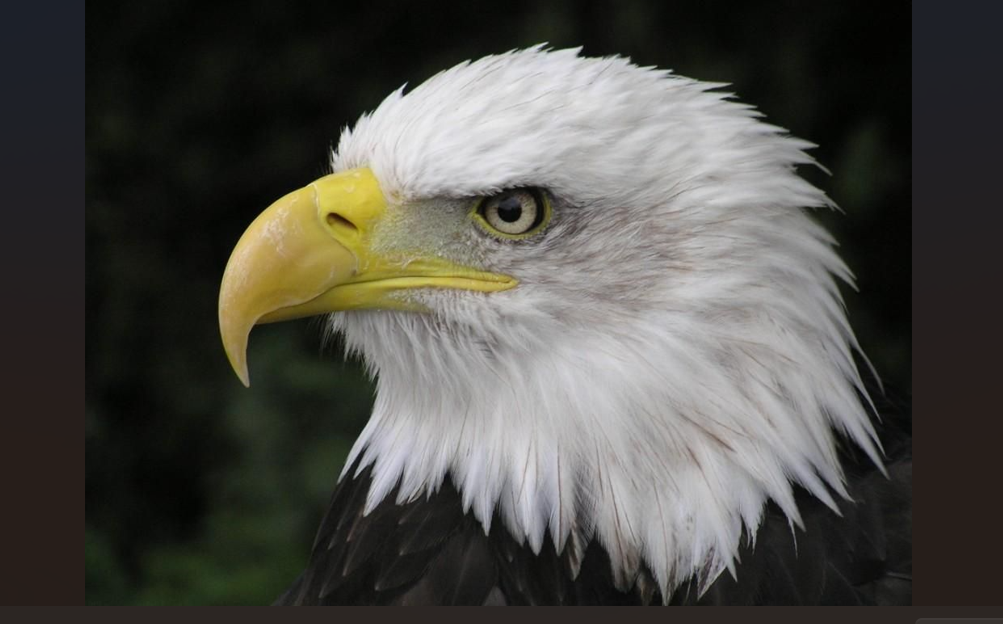Five leaders from BIAZA zoos and aquariums give their take on the new zoo standards
May saw Defra release the new Zoo Standards which underpin zoo licensing (available here). The new Standards represent the most significant changes for the zoo sector in decades. BIAZA asked five leading voices from the zoo and aquarium sector about their reaction to the new standards...
Rebecca Willers, Director of Shepreth Wildlife Park welcomed the standards saying
"The updated zoo standards mark a progressive and much-needed step forward. They reflect a deeper understanding of animal welfare, conservation priorities, and public engagement. At Shepreth Wildlife Park, we welcome the clarity and ambition these standards bring. They challenge us all to be more accountable, and more innovative in how we care for wildlife and inspire the public. This is an important moment for zoos and aquariums across the UK, and we are very proud to be part of a community committed to constant improvement.”
Jamie Baker, Zoo Manager of Battersea Park Children’s Zoo also welcomed the new standards:
"This long-awaited update brings much-needed clarity to the sector and provides a solid foundation for zoos of all sizes to plan future developments and investments with greater confidence.
As the standards are implemented, it’s essential that inspectors are trained to understand and assess the unique circumstances of smaller zoos. Some aspects, especially those that increase pressure on staffing, may present unique challenges for smaller institutions.
We look forward to joining zoos across the UK in meeting some of the highest zoo standards in the world, showcasing our shared commitment to excellence in animal welfare, conservation, and research."

The new Zoo Standards contain significant changes for many practices, including changes for great apes and birds of prey.
Rebecca Biddle, Chief Conservation Officer at Twycross Zoo highlighted the great ape appendix:
“We are delighted to see these new zoo standards published after years of consultation with our sector. High levels of care and welfare in our zoos is of paramount importance, and these standards set a baseline that many UK zoos go above and beyond.
“As the only zoo in the UK responsible for caring for four great ape species, we particularly welcome the appendix on great ape care, that we have been able to provide significant input for. We meet the majority of standards already for all the animals in our care, and we will continue to strive for best practice in our existing and developing animal habitats, such as our new orangutan habitat that will open in 2027.”
Penny Smout, CEO of the Hawk Conservancy Trust looked at the new measures for birds of prey:
“It is good to see these revised and updated standards come into effect and raise the level of animal welfare, conservation and education required across our sector. In particular, it is clear that using modern techniques, long-term tethering for birds of prey is unnecessary and we are pleased to see that this important change will be implemented in zoos.
As a small organisation that works hard to walk the talk of conservation and education, we know the impact that we can have collectively on inspiring our communities to support the natural world.”
The CEO of The Deep, Katy Duke said:
“As a responsible and progressive Aquarium, The Deep fully welcomes and supports the release of the updated Standards for Modern Zoo Practice in Great Britain. These important standards reflect the latest science, ethics and animal care practices and The Deep prides itself in constantly reviewing its actions to achieve best practice. In addition, the guidance around conservation outputs, education and sustainability ensure we are mission driven. Overall, the updated standards support the wider public message that BIAZA aquariums and zoos are organisations that can be trusted and respected to deliver scientific fact and invaluable conservation action.”
-
News
.png?w=100&h=100&zc=1&f=jpeg&hash=97e6d151315c515d23f80e6ee9d1d533) Love is in the air as pygmy marmoset Tumble arrives at Shaldon Wildlife Trust 13th February, 2026Shaldon Wildlife Trust is celebrating a very small but very special love story this Valentine’s season with the arrival of a new female pygmy marmoset…
Love is in the air as pygmy marmoset Tumble arrives at Shaldon Wildlife Trust 13th February, 2026Shaldon Wildlife Trust is celebrating a very small but very special love story this Valentine’s season with the arrival of a new female pygmy marmoset… -
News
.png?w=100&h=100&zc=1&f=jpeg&hash=65ba18ab3dddd57e0f31f999ec4849db) Double baby joy at Paignton Zoo as second rare white monkey born 11th February, 2026Paignton Zoo is celebrating a rare double baby boom after welcoming a second endangered king colobus monkey this winter, marking the zoo’s first…
Double baby joy at Paignton Zoo as second rare white monkey born 11th February, 2026Paignton Zoo is celebrating a rare double baby boom after welcoming a second endangered king colobus monkey this winter, marking the zoo’s first… -
News
.png?w=100&h=100&zc=1&f=jpeg&hash=92e90cf6a944ad40ff665483a5744aa4) Blog: Zoos have a duty to source their plants sustainably 10th February, 2026Do you know where your purchased plants come from? In our latest blog, the BIAZA Plant Working Group details how zoos/aquariums can work together…
Blog: Zoos have a duty to source their plants sustainably 10th February, 2026Do you know where your purchased plants come from? In our latest blog, the BIAZA Plant Working Group details how zoos/aquariums can work together…



